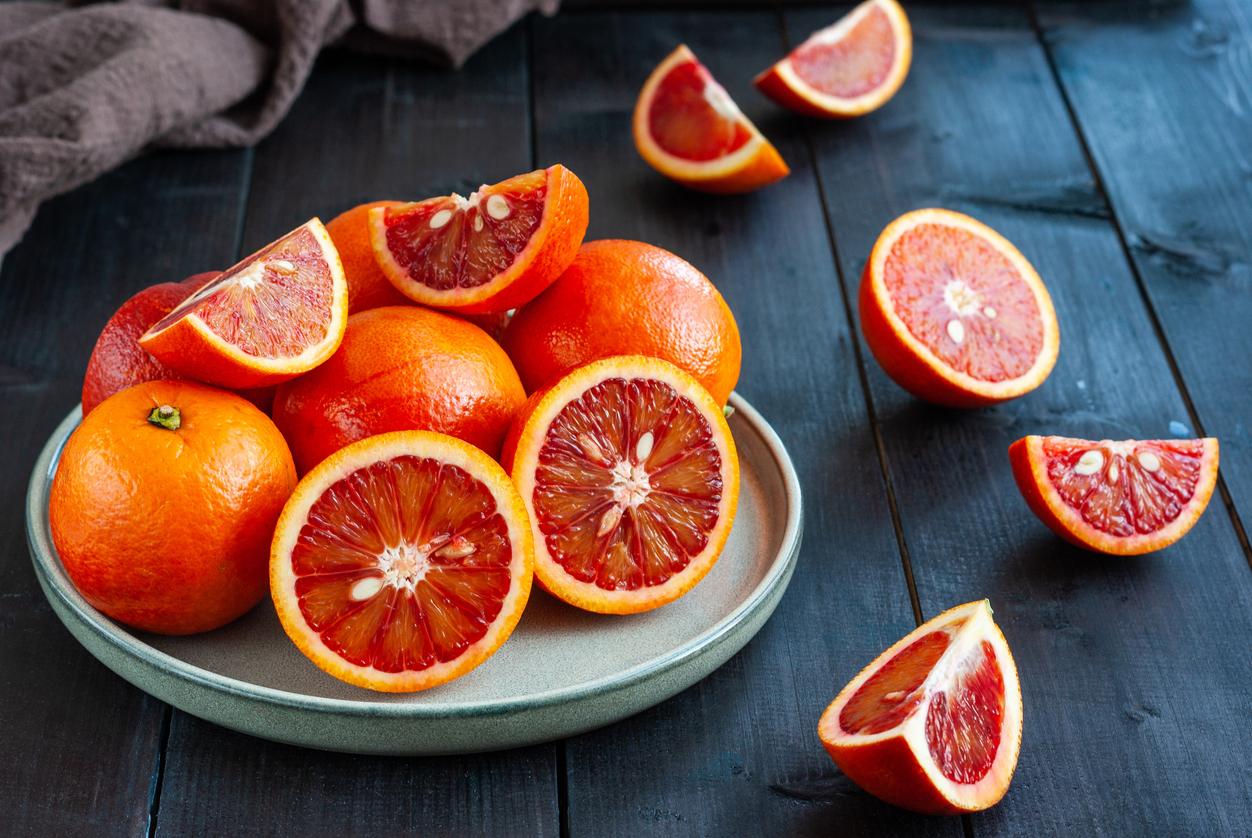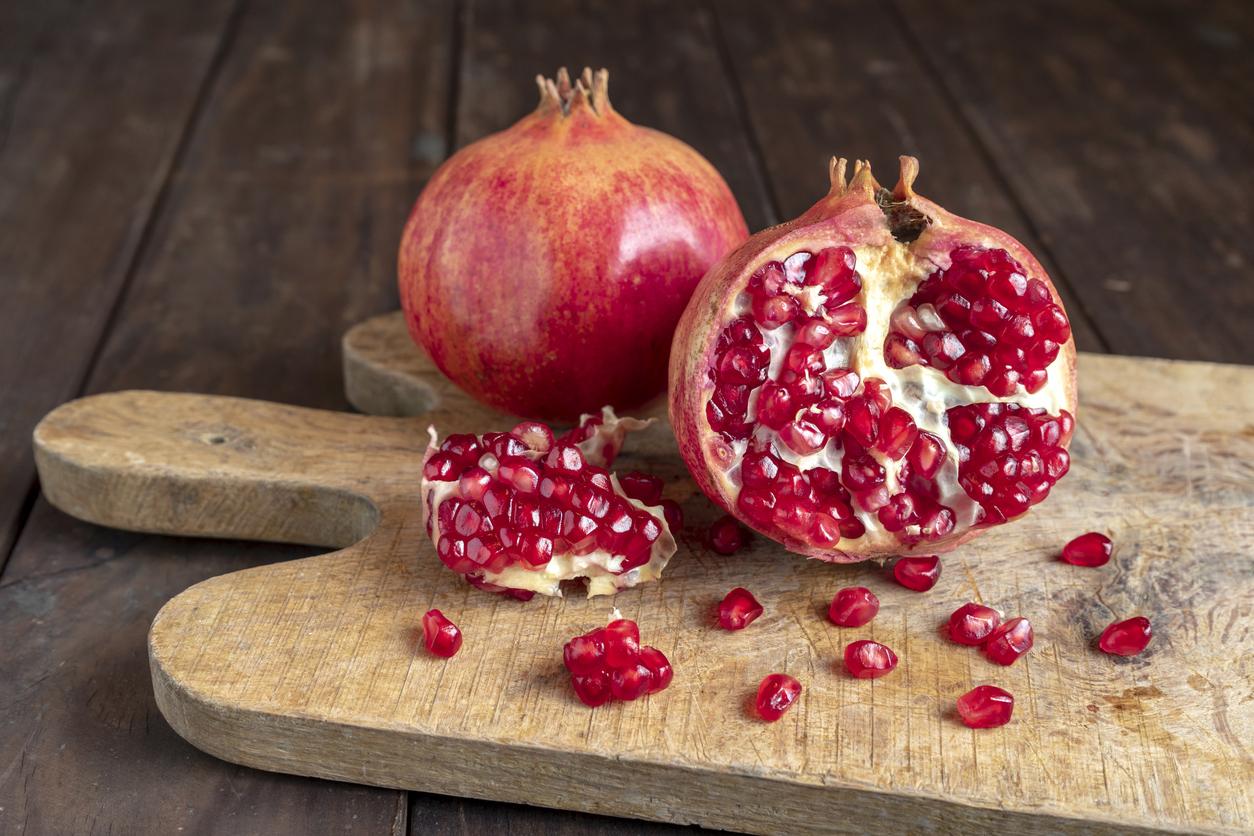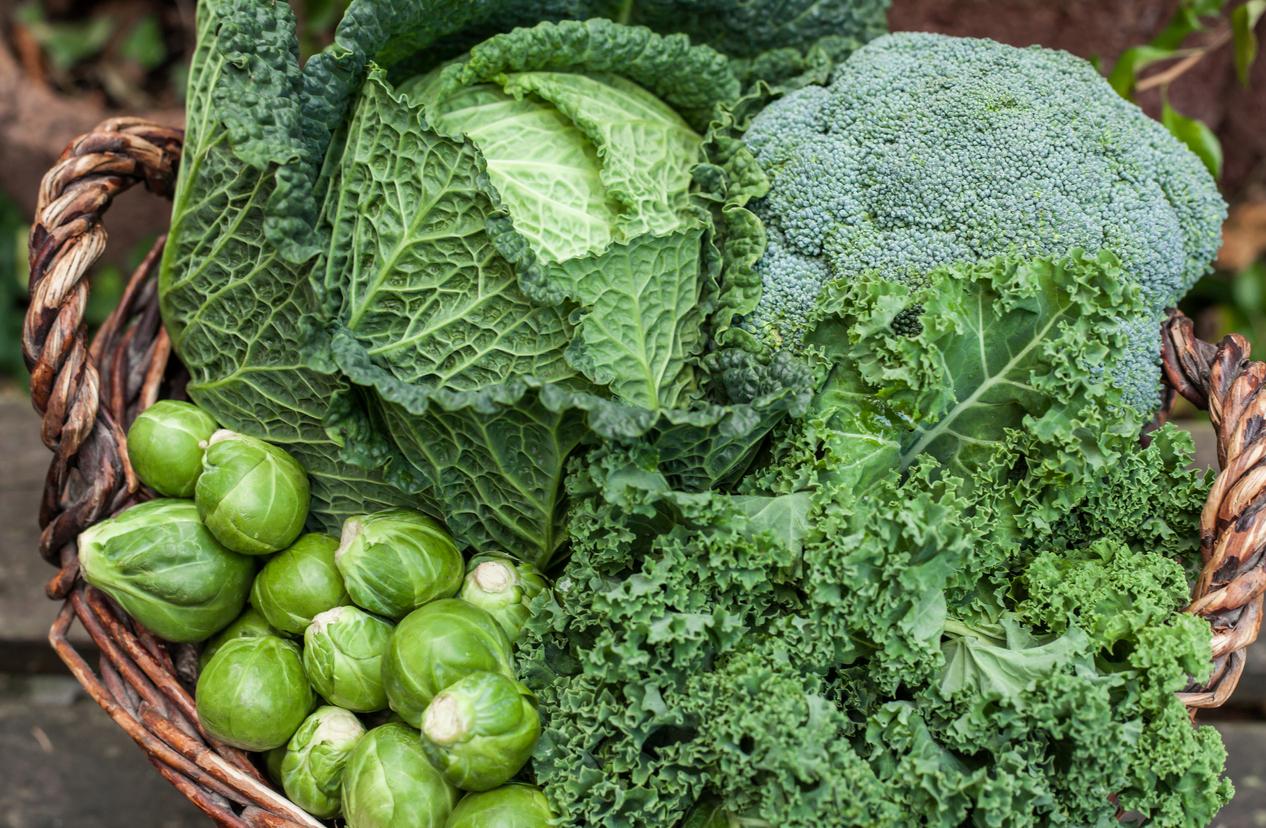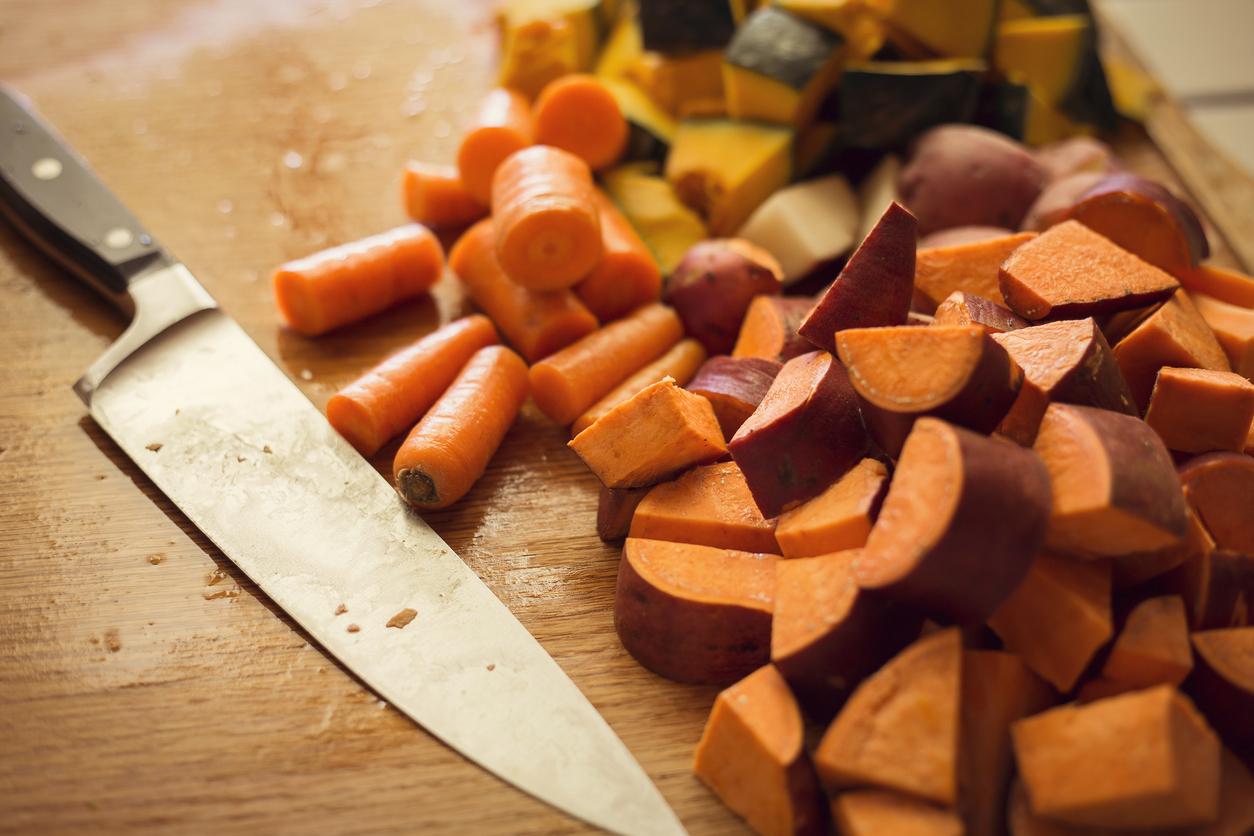“More than 250 studies indicate that the pomegranate would be antioxidant and anti-inflammatory, explains nutritionist Raphaël Gruman. “It would also be antiviral and antibacterial, protective for the heart and the brain (by limiting inflammation and atherosclerosis and by promoting blood circulation), antihypertension, anticholesterol and anticancer”.
Its anti-cancer virtues (particularly of the prostate) in 2000, popularized by the bestsellers against cancer by David Servan-Schreiber and David Khayat, propelled it to the forefront of the European scene, adds the nutritionist. More broadly, its antioxidants improve the flexibility of blood vessels and could reduce erectile dysfunction, but this remains to be confirmed.
The right dose: 2 glasses a day
It is mainly to a set of powerful antioxidant polyphenols, including anthocyanins and tannins, that the pomegranate owes its virtues. They fight against cellular aging and inflammation. It also contains an abundance of punicalagin, an anti-flu agent that is specific to it. Finally, it contains ellagic acid, an anti-cancer present in other fruits but in smaller quantities. This synergy, more active than the molecules taken in isolation, is reinforced by the vitamin C of the fruit. Its potassium, finally, makes it possible to fight against arterial hypertension.
In what forms is it found?
The fruit is pleasant and refreshing, but to obtain a health effect, its polyphenol content is insufficient because we eat too little of it. To take full advantage of its health effects, the optimal recommended dose is 500 mg of polyphenols, or 250 ml of juice per day.
- In juice. We prefer a high-end pomegranate juice, not mixed with other fruits and without additives.
- Fresh. The hardest part is to peel it without splashing its red juice, which stains. The technique : with a sharp knife, cut the top and bottom of the fruit, then incise the skin several times vertically, without cutting into the grains. We plunge everything into a bowl filled with water (so that the juice does not squirt), we separate the quarters and we detach the grains from the membranes: the first will fall to the bottom of the bowl, and the second will float.
- Dried. Concentrated in nutrients, dried pomegranate seeds can be found in organic stores and like other dried fruits, on muesli, in fruit salads…
Read also :
- 18 Citrus Anti-Fatigue Recipes
- Cancer: 9 foods that limit the risks
- 15 healthy cinnamon recipes
- 7 easy ways to cook chestnuts
- 10 fall recipes with apples























